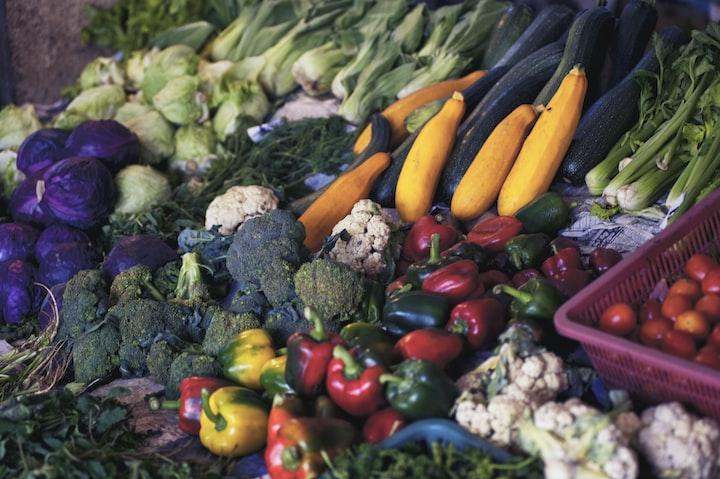The human gut is home to trillions of microbes, including bacteria, fungi, and viruses. These microbes play a crucial role in our health, helping to digest food, produce vitamins, and protect us from pathogens. However, not all foods are equally good for our gut microbiome. In fact, some foods can actually disrupt the delicate balance of microbes in our gut and lead to problems like inflammation, diarrhea, and weight gain.
Here are the worst foods for your gut:
Refined carbohydrates: Refined carbs like white bread and pasta are quickly digested by the body and can cause spikes in blood sugar levels. This can be harmful for both diabetics and non-diabetics alike. Additionally, refined carbs can promote the growth of harmful bacteria in the gut while reducing the populations of beneficial microbes.
Processed meats: Processed meats like bacon, sausage, and deli meat are high in saturated fat and sodium which can be damaging to gut health. These meats also contain Nitrates which have been linked to an increased risk of cancer. Furthermore, processed meats are often high in advanced glycation end products (AGEs) which can promote inflammation throughout the body (including in the gut).
Citrus Fruits
Citrus fruits are among the most popular fruits in the world. They’re also among the most acidic, which can make them hard on your stomach.
While citrus fruits are a great source of vitamins and minerals, they’re also high in fiber. This can cause stomach discomfort for some people, especially if they eat too much of it. The acidity of citrus fruits can also contribute to heartburn and other digestive issues.
If you have a sensitive stomach, you may want to limit your intake of citrus fruits or eat them in moderation. When choosing citrus fruits, opt for those that are less acidic, such as oranges and grapefruits. You can also look for varieties that are easier on your stomach, such as mandarins and tangelos.
Citrus fruits are a healthy part of any diet, but if you have a sensitive stomach, you may want to limit your intake or choose milder varieties.
Artificial Sugar
Sugar is one of the worst foods for your gut. It can feed the bad bacteria in your gut and lead to inflammation. It can also cause weight gain, insulin resistance, and other health problems.
Artificial sweeteners are even worse for your gut than sugar. They are often made from chemicals that can be toxic to your body. They can also disrupt the good bacteria in your gut and cause inflammation.
Too Much Fiber
Fiber is important for keeping your digestive system healthy, but too much of it can actually be a bad thing. Eating too much fiber can lead to digestive issues like bloating, gas, and constipation. It can also make it difficult for your body to absorb nutrients from other foods. So if you’re eating a high-fiber diet, be sure to balance it out with other foods that are easy on your gut.
Cabbage and Its Cousins
Cabbage and its cousins, such as broccoli, Brussels sprouts, and cauliflower, are healthy foods that are often recommended as part of a nutritious diet. However, they also contain a type of carbohydrate called raffinose that can be difficult for some people to digest. This can lead to gas, bloating, and other digestive symptoms.
These vegetables are also high in fiber, which can further contribute to digestive issues for some people. If you have trouble digesting cabbage and its cousins, you may want to limit your intake or avoid them altogether. There are many other healthy food options available that likely won’t cause the same digestive problems.
Spicy Foods
We all know how good spicy food can taste. That first bite may make your eyes water and your nose run, but the burning sensation quickly subsides into a delicious warmth that lingers long after you’ve finished eating. But while spicy food may be a tasty treat, it’s not always good for your gut. In fact, there are some types of spicy food that can actually be quite harmful to your gastrointestinal tract.
If you have a sensitive stomach, you may want to avoid spicy foods altogether. Spicy ingredients like chili peppers can cause irritation and inflammation in the digestive system, which can lead to stomach pain, diarrhea, and even vomiting. And if you suffer from ulcers or other gastric disorders, spice can exacerbate your symptoms and make them even more painful.
But it’s not just people with sensitive stomachs who should be careful with spice. Even if you don’t have any digestive issues, eating too much spice can still be problematic. Spicy food is often very high in fat and calories, which can lead to weight gain and other health problems if consumed in excess. And because spices can increase the production of acid in the stomach, they may also contribute to heartburn and indigestion for some people.
